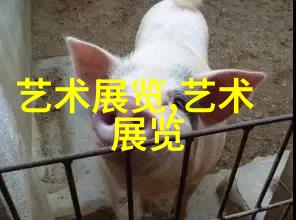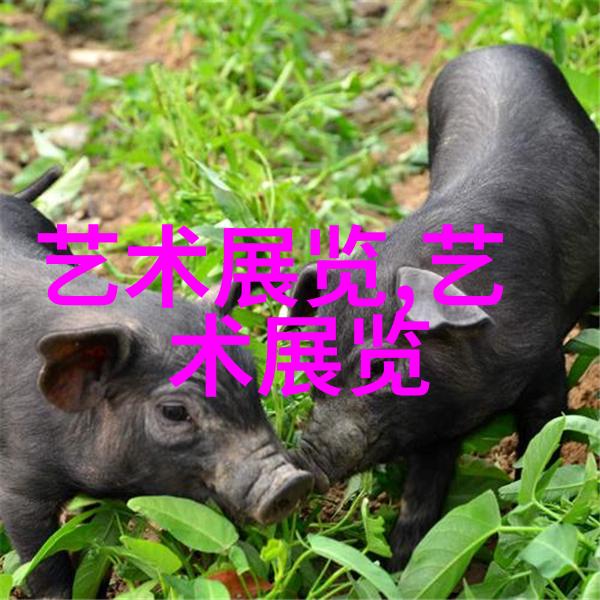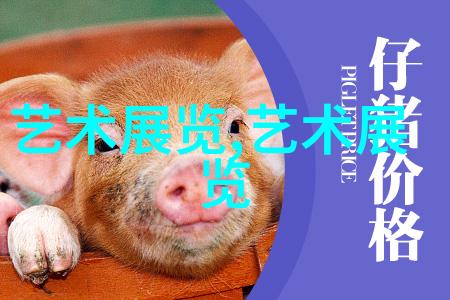艺术教育专业是否属于师范类别的讨论艺术教育专业与师范教育的界定探究
艺术教育专业是否属于师范类别的讨论

首先,我们要明确什么是师范类别?
在高等教育中,师范类别通常指的是那些培养初级学校教师的专业。这些专业不仅传授了学生所需的学科知识,还教授了教学方法和理论,以便毕业生能够从事小学或中学的教学工作。然而,随着教育体系的发展和多元化,不少人开始质疑艺术教育专业算不算师范类。

那么,艺术教育专业与其他传统师范专业有何不同?
艺术教育是一门特殊而独特的学科,它关注于如何通过美术、音乐、舞蹈等形式来启发学习者并促进他们的心理和情感发展。在许多国家和地区,虽然艺术教师也需要经过一定程度的教书培训,但他们并不像数学或语文老师那样被视为传统意义上的“教师”。这使得人们对艺术教育专业是否属于传统意义上的师范类产生了一些怀疑。

为什么有些人认为艺术教育不应该被归入典型的师范流程?
一方面,这是因为现代社会越来越重视个性化和创造力的培养,而不是简单地将孩子们灌输知识。在这种背景下,专注于激发学生内在潜能以及帮助他们发现自己兴趣爱好的角色,使得原本严格界定的“教师”职业形象变得模糊起来。另一方面,由于缺乏标准化考试作为评估工具,以及相对较低的人口密度,对于高质量音乐或美术课程进行系统性的批判分析可能会更加困难,这导致一些人认为-art-education professionals should be viewed as something other than teachers.

那么,为何我们仍然把它看作是某种形式的一门‘教’吗?
尽管如此,有些人认为即使是在非实用主义文化环境中,一个合格的地理或历史课程都不能完全依赖学生自身探索能力去完成,因此,在某种程度上,将art education seen as a form of teaching is justified. 例如,在美国,一旦获得认证,大多数公立学校要求其员工必须具备适当数量及类型的人民群体(PDPs),以证明其能够根据特定学年的需求进行有效教学。这意味着,即使在设计自己的课程时,也有一系列指导原则需要遵守。

接下来,我们可以深入探讨art education professional training what aspects are unique?
Art educators' training programs often differ from those in traditional subjects, such as mathematics or language arts. They typically include coursework in art history, theory and criticism, studio practice, and methods for teaching art to students at various age levels. Art educators must also learn how to assess student work and provide constructive feedback that encourages growth while maintaining a positive learning environment.
最后,我们该如何看待这个问题,并给出我们的建议?
The debate over whether art education should be considered part of the teacher preparation process highlights the complexities of modern-day pedagogy. While some argue that the role of an "artist" is different from that of a "teacher," others believe that both roles require similar skills—such as creativity, empathy, and adaptability—and therefore should share common ground in terms of preparation.
In conclusion, while there may not be clear-cut answers to this question at present time yet it seems evident that we need to continue discussing this topic with greater depth so future generations can benefit from more well-rounded educational systems where artistic expression can coexist harmoniously alongside core academic subjects like math or science. By doing so we might create better understanding between these two seemingly unrelated fields which could ultimately lead towards creating more innovative solutions for our ever-evolving world today!